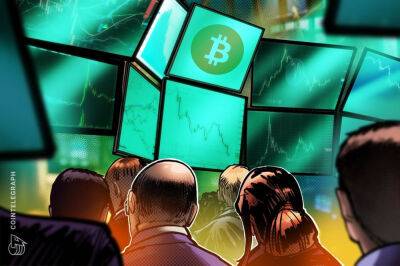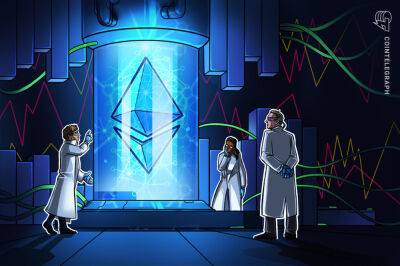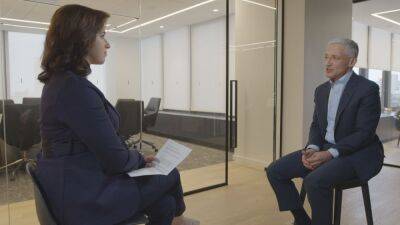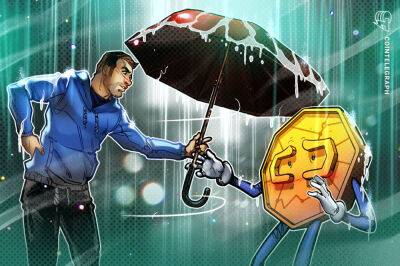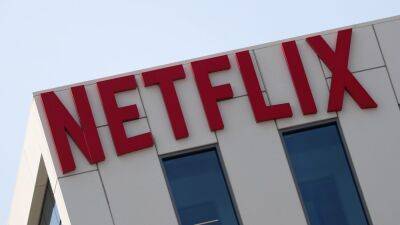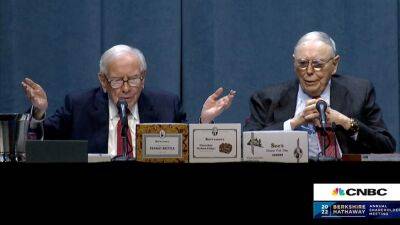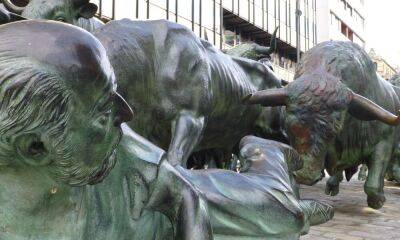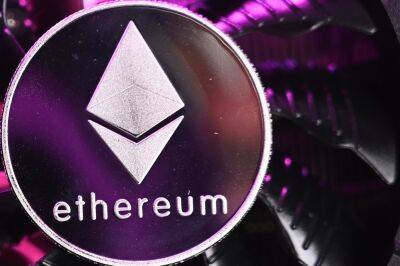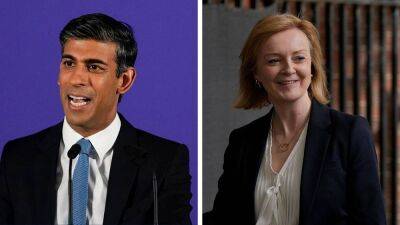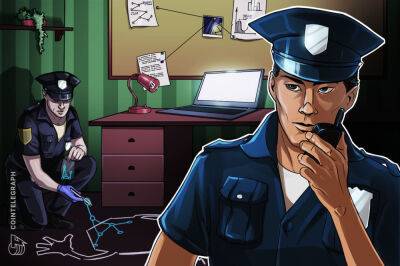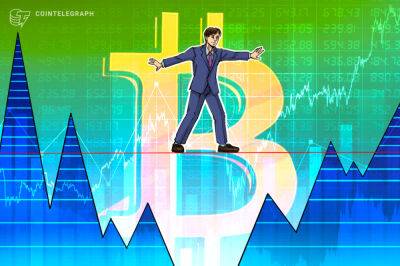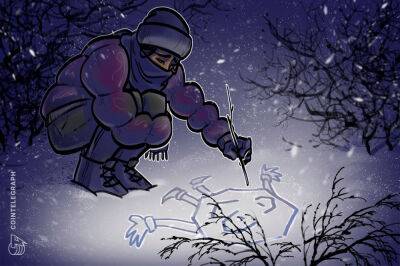Consumer watchdog eyes crackdown on credit card late fees as inflation threatens to increase them
The Consumer Financial Protection Bureau signaled a crackdown on late fees charged by credit card companies on Wednesday, as inflation threatens to increase those so-called «junk» fees levied on consumers.
The watchdog, a federal agency created in the wake of the 2008 financial crisis, issued an advance notice of proposed rulemaking seeking information from card issuers, consumer groups and the public on late fees.
The data will help the regulator draft new rules aimed to shore up «weak spots» in existing laws governing «back-end penalties» imposed by card companies, CFPB director Rohit Chopra said in a press call Wednesday.
More from Personal Finance:100 million adults have health-care debtMillions of tax returns remain unprocessedStudent loan forgiveness a working class issue, Schumer says
Public comments are due by July 22. Timing on a formal rule proposal (and ultimately a final rule) is unclear, but agency officials said they don't expect the process to conclude before year end.
Officials expect changes to reduce total late fees by billions of dollars each year, they said Wednesday. They also signaled future regulations on other types of fees, without offering specifics.
More than 175 million Americans hold at least one credit card, according to the CFPB.
Companies generally levy late fees when a customer doesn't make the minimum card payment by their due date.
In 2019, consumers paid $26 for each late payment, on average, according to the CFPB. The fee rises if another late payment is made within six billing cycles, to an average $34.
Total late fees amounted to $12 billion in 2020, down slightly from a $14 billion record set the prior year, the CFPB said in a recent report.
The costs disproportionately impact
Read more on cnbc.com



